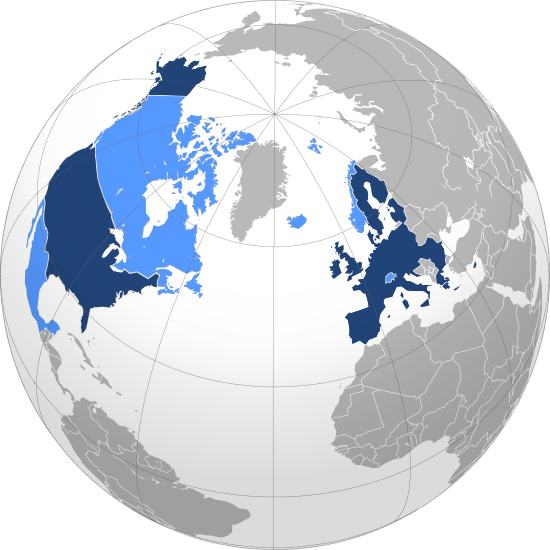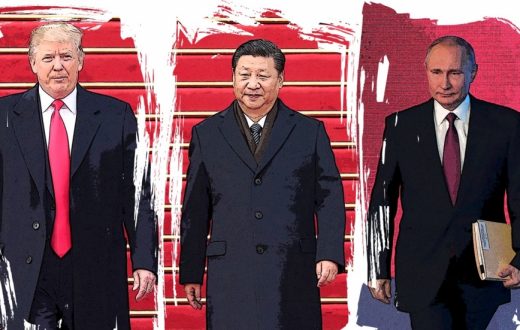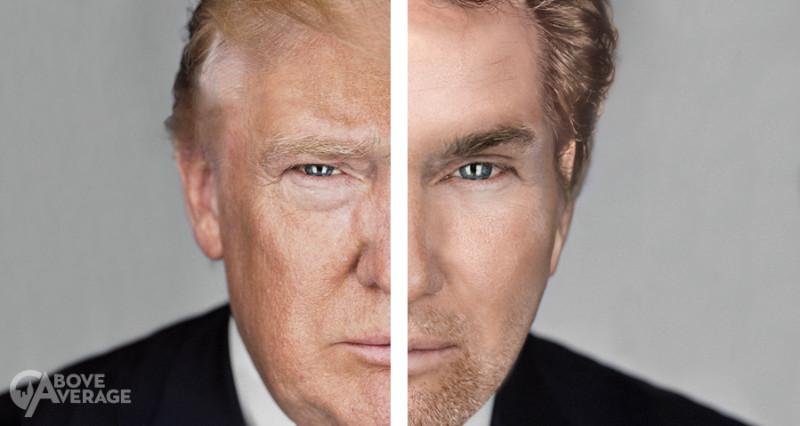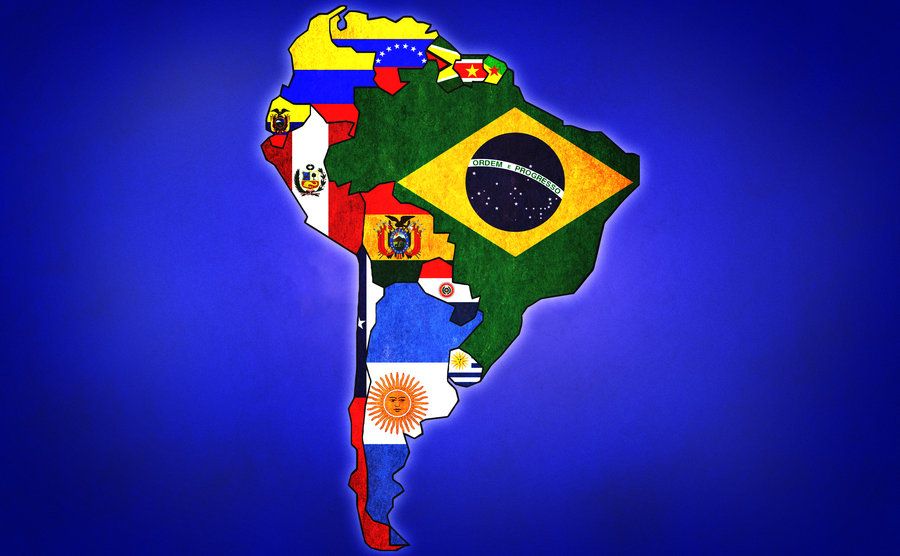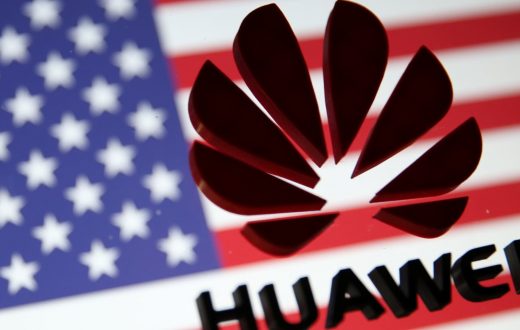Adrien Gonin is a young and rising economic analyst. He studied Economics in top French and German University. He is widely recognized as an expert of European and American Economies.
Since 2003, The European Union and the U.S. have been preparing the Transatlantic Free Trade Agreement – called also TAFTA Treaty – a free trade deal in order to boost both economies by harmonizing commercial and trade norms.
What is the TAFTA Treaty?
A Transatlantic Free Trade Area (TAFTA) also called TTIP, is a proposal to create a trans-atlantic free-trade area covering Europe and North America. Once complete, if combined with free trade agreements with Canada, Mexico and the European Free Trade Association, it could form a free trade area covering a large portion of the two continents.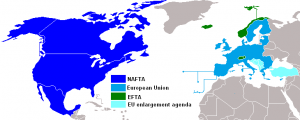
The TAFTA Treaty assembles negotiators representing big companies from many sectors (banking, energy, food, industry). Its goal is to reach common regulations to increase competition between companies. As a logical consequence, the consumer output should be higher quality product for lower prices.
The TAFTA Treaty would be the biggest agreement of its kind, and affects one quarter of global trade.
Nevertheless, a key issue remains hard to clear: are the positive effects given by the TAFTA Treaty to big companies really good for the citizens?
An undemocratic negotiation process:
Meanwhile the TAFTA Treaty has significant consequences on the market structure between the EU and US, the decisions are taken in secret behind closed doors by representatives of big companies. Journalists and neutral observers are not allowed to follow and report the negotiations of the TAFTA Treaty.
What are the issues behind this agreement?
- Importation of farming techniques from America to Europe

American practices in terms of agriculture are not appreciated by European consumers. The American law enables farmers industries to produce hormone-treated meat, chlorinated chicken or gmo which wouldn´t not be acceptable for local producer such as in France or Italy. Those practices are nowadays still forbidden within the E.U. but American negotiators are holding pressure to develop their mass production on the other side of the Atlantic…
- Shale gas exportation from the U.S. to Europe
American companies are able to charge a low price for gas due to massive shale gas extraction. This measure first seems very positive for European households as the energy price is very high in Western Europe. Nevertheless, the extraction of shale gas from the earth remains highly dangerous for the soils and groundwater, the costs and the responsibility for damaging the ground are not determined. This issue remains very important, especially as the COP 21 begins this week in Paris.
- Conflicts between different labor and union laws
European law structure enables more rights for workers. Workers have the right to be represented by unions. Unions have the right to negotiate with their employer, whether there are large corporations or not. On the other hand, American companies are not constrained to respect high European working conditions: collective negotiations between unions and employers do not exist, working standards are very low in the US.
A harmonization of working right between EU and US will result to fewer straight rules for European employers. European social gains may be threatened and results to impairments in working conditions.
- Investor-state settlement

The initial project of the TAFTA treaty allows international companies to charge states before international arbitrators to obtain compensation. What is the reason for claiming compensations? – The regulation of a state leading to a decrease in a company´s profits will be the main argument for companies to complain. In the end, the costs of these penalties will be paid by the consumers leaving in the state.
The impact on consumers would be massive: the possible cases for companies to attack states are boundless (e.g. minimum wage, taxes, measures for the environment).
Final Analysis :
At the first look The TAFTA treaty seems to be, good news for everyone. But the safety standards provided by the states of the EU – beneficial for us on a daily basis could be damaged.
The first winners of the treaty are multinational big companies that will use economies of scale to maximize their profits. The citizens may not be the main preoccupation of the treaty.
Joseph Stiglitz, Nobel Price winning economist in 2001 shares the same opinion: “Corporations everywhere may well agree that getting rid of regulations would be good for corporate profits. Trade negotiators might be persuaded that these trade agreements would be good for trade and corporate profits. But there would be some big losers – namely, the rest of us.”

